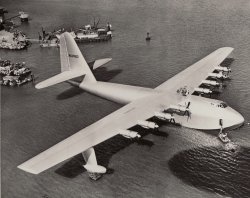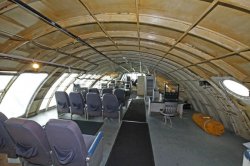From what I can discern, the A380 is economically competitive without the customers paying more. The only issue is that has a larger capacity and requires that capacity to be filled, in the same way as the smaller craft do, to achieve their efficiencies. (Plus the operational considerations, in that that higher threshold means fewer markets can be served, and some limits on airports that can be visited.)
It's just in absolute numbers it's easier to fill the smaller capacities - in simplistic terms an 85% yield on an A380 from MEL to LHR means the 787 can operate at 100% capacity on the same route. However, if both craft were operating at the airline's target capacities, the A380 would still be equally viable.


















